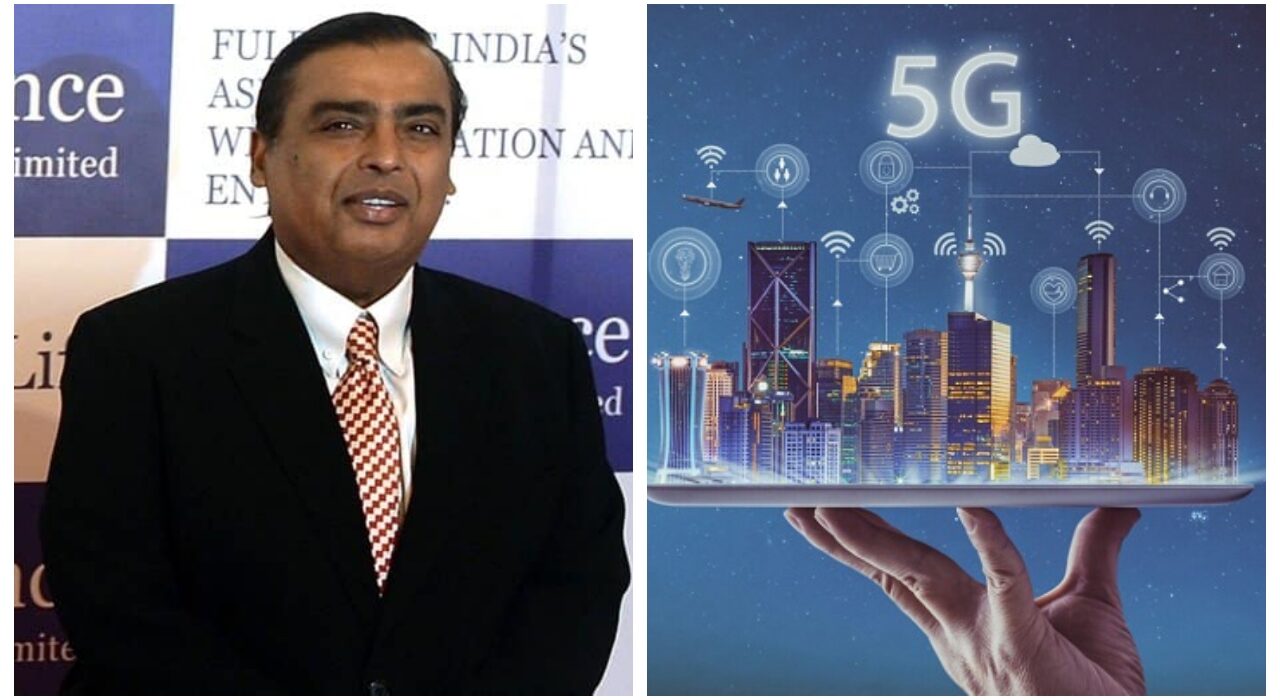The West African country is banking big on a transformative 5G network in Ghana with the blessings of Mukesh Ambani, one of the world’s richest men. The arrival of 5G technology has the promise of cutting down data costs and growing the economy as the nation slowly emerges from a grave debt crisis.
“Our next-gen infrastructure, NgIC, will start the first phase rollout of the 5G coverage all over the nation by the year 2026 and will ensure people can stay better connected with super-fast mobile internet, in a wide geography, from high-rise metropolises to remote locations,” said the communications and digitalization minister, Ursula Owusu-Ekuful. It stands for the democratization of access to high-speed Internet all around the country.
It was inspired by the radical success of Ambani’s Reliance Jio in India when, overnight, in 2016, it revolutionized the Indian telecom industry with a strategy of selling free voice services and inexpensive data that enabled Jio to get up to 470 million subscribers. In the face of such disruption, the country sees this as opening a new way for economic prosperity while digitally increasing access.
Government ensures every citizen gets internet access with 5G network in Ghana
Even though it shows some sign of improvement, the economy in Ghana remains a tough terrain to tread through. Growth climbed to 6.9% in the second quarter of this year, up from 4.7% in the first quarter, mainly because of mining. However, what is crucial for getting the nation back onto its pre-pandemic trajectory of 6% or more annually is a sustainable growth rate. The government has also implemented an 8.2 billion cedis program aimed at assisting small and medium-sized enterprises with cheap loans, which make up a large portion of the GDP.
The firm has secured a 10-year 5G license to be bought at $125 million. Amidst all these, most of its competitors in the country, including Telecel Ghana, and MTN Ghana, shall depend on the network the firm establishes and operates. On the strength of the partnerships by the firm with Radisys Corp., Nokia, Tech Mahindra, as well as Microsoft, most of the required infrastructure that will have a positive contribution to internet access shall take shape. Currently, internet penetration in the country stands at 70%; the government shall ensure every citizen gets a cover within six years.
Also, see: Legendary actor Govinda accidentally shot himself with a licensed revolver
